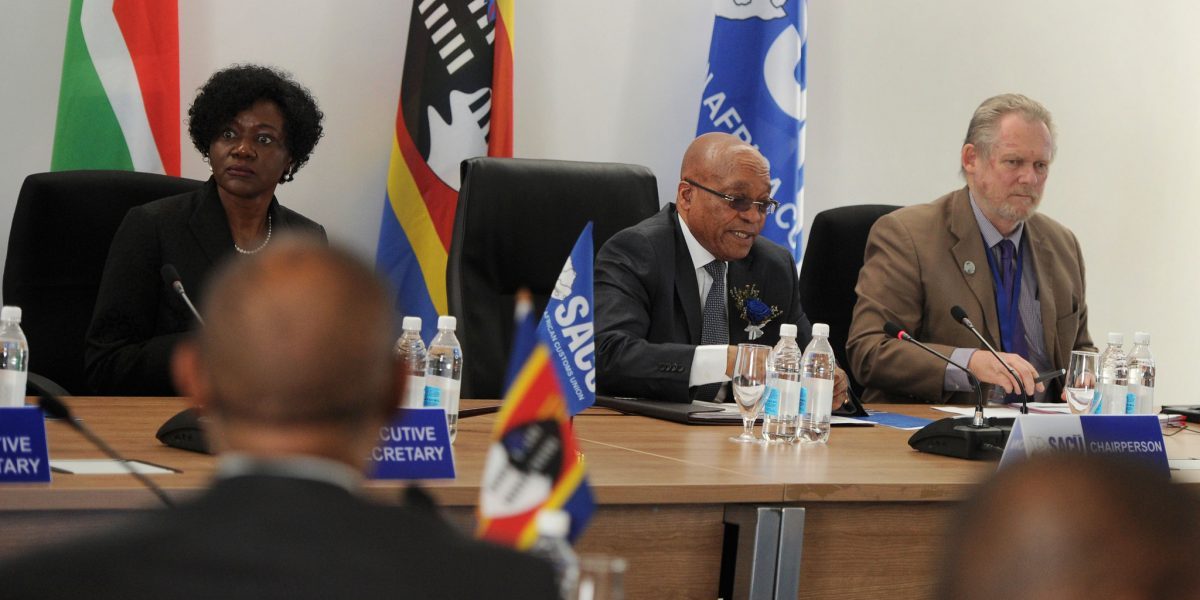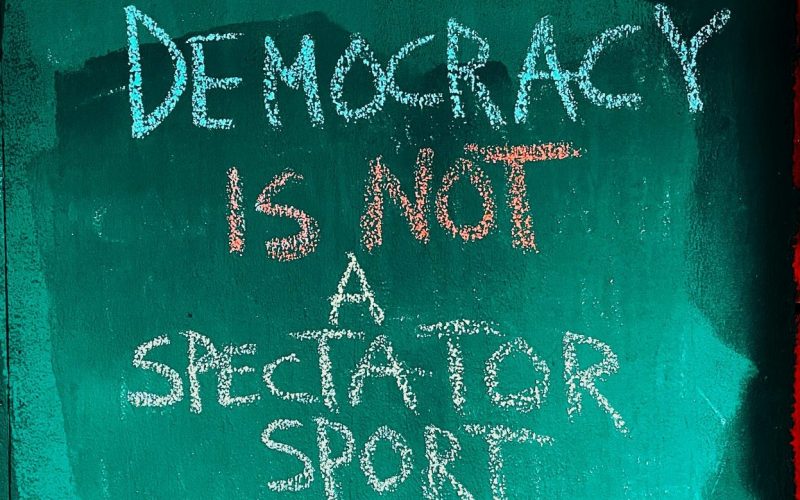The parties decided to lower the ambition from that of immediately attaining a comprehensive agreement to that of initially establishing a Trade and Investment Cooperation Agreement (TICA) when it became clear that a FTA could not be reached before the expiry of the US Trade Promotion Authority in 2007.
As such the TICA framework only represents a change of method and not of objective. In terms of the new approach, the parties aim to conclude memoranda of understanding in certain areas that are typically included in an FTA like customs cooperation; trade facilitation; and even on some challenging issues like intellectual property, and investment promotion and protection. Ultimately the parties hope to resume actual FTA talks once critical differences have been ironed-out.
This book is part of efforts to raise awareness in the South African business community of the possibilities for compromise and the importance to their own interests of the issues at stake in an FTA negotiation. It seeks to assist negotiators and other critical stakeholders on both sides beyond government – especially the Southern African and American business communities that stands to benefit from the opportunities created by a successful agreement – to become active participants in both the TICA and the eventual FTA negotiating process.
To that end, and with the comprehensive FTA in mind, the book sheds some invaluable research-based insights into what SACU and the US can realistically achieve on thorny ‘new generation’ negotiating issues such as investment; services; and intellectual property. It also examines the perspectives of South African business people as to the potential threats and opportunities an FTA would pose to their firms.
ISBN: 1-919969-02-2








